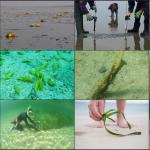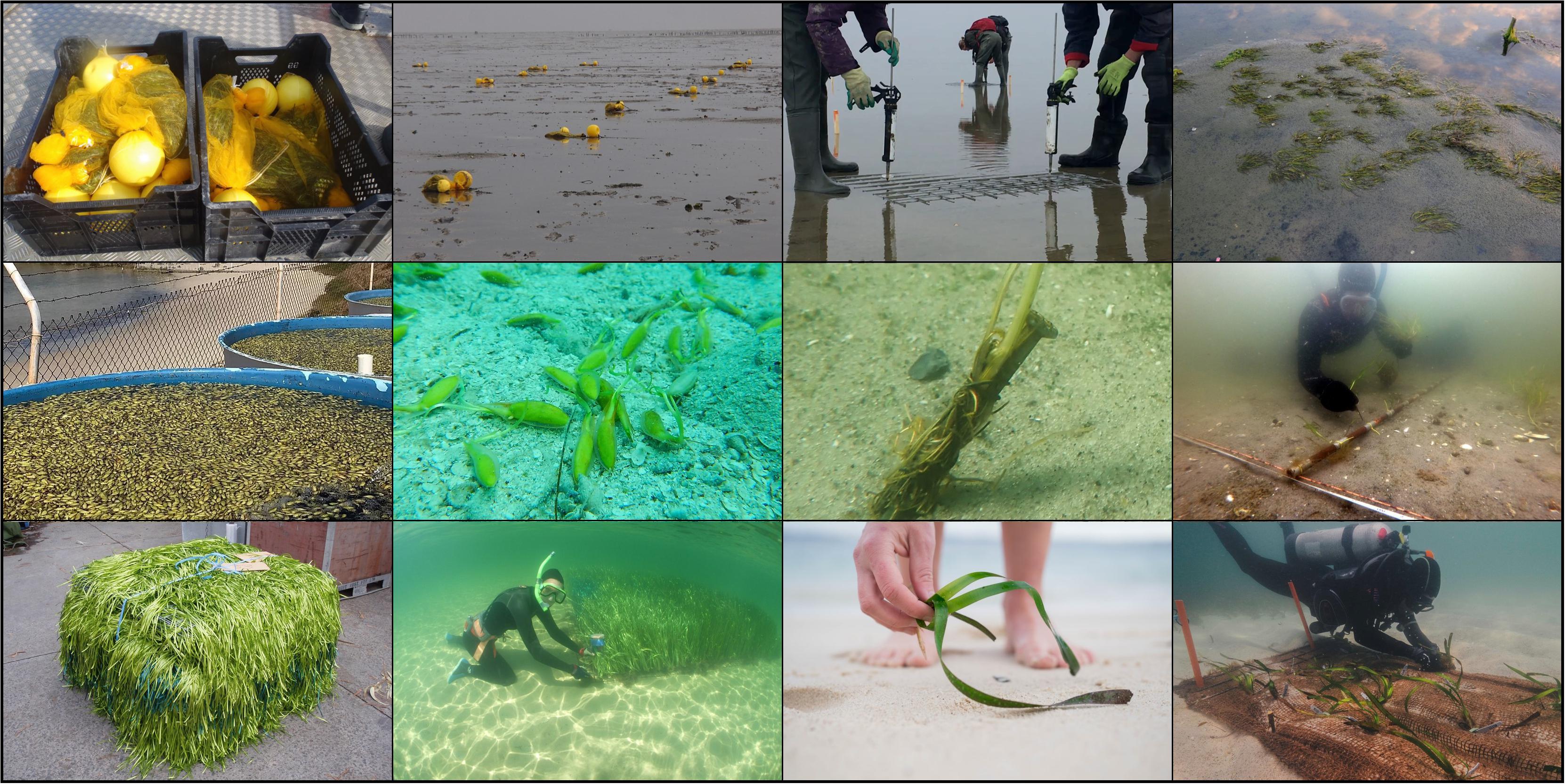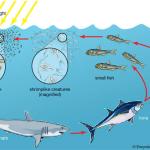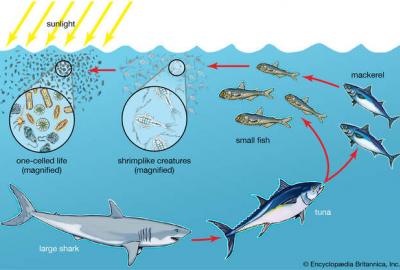Restoration of sea-grasses and algal forests: field work and practice
Seagrass meadows and algal forests are highly productive systems and play a key role in the provisioning of ecosystem’s goods and services Due to their ecological role, seagrass meadows and algal forests are protected under different directives and international conventions. However, protection alone can be insufficient to reverse their progressive degradation due to the increased human-driven pressures so that restoration actions are urgently required based on the best scientific knowledge. This course aims to analyse the role of restoration actions as possible tool to face the rapid loss of these systems. Particular emphasis will be due to provide students with practical skills for restoring degraded vegetated marine habitats and for the assessment of restoration success through field and laboratory works.
Course Contents
- General introduction on the ecological role of seagrasses and algal forests and on main factors causing their degradation and loss
- Case studies on restoration actions of vegetated marine habitats
- Criteria for the selection of donor sites
- Selection of restoration sites
- Restoration protocols (techniques) for seagrasses
- Restoration protocols for algal forests
- Criteria and tools for assessing restoration success of transplanted organisms and their ecological benefits on the surrounding environment.
Initial competences
Good knowledge on marine ecology, biology and botany. SCUBA diving license is useful, but not mandatory.
Final competences
- Knowledge on the most suitable strategies for restoring degraded vegetated marine habitats.
- Knowledge on the best restoration techniques to be applied in the field.
- Knowledge on the strategies for the monitoring of the success of restoration actions.
- Knowledge on implementation plans for the scale up of restoration actions.
Further course information can be found here: https://studiekiezer.ugent.be/studiefiche/en/C004389/2021






